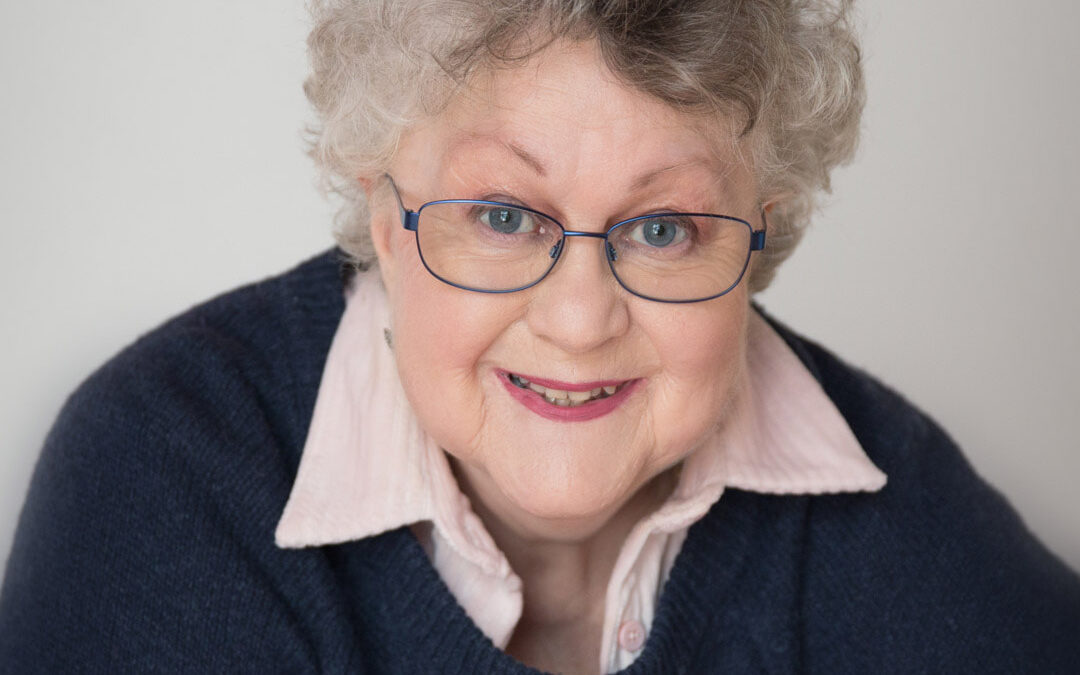
An Interview with Barbara Gaskell Denvil
Thanks so much, Elizabeth, for your invitation and the possibility for posting on your blog. I thoroughly enjopyed this interview, particularly as we have so much in common. History, and discovering the hidden truths, is an absolute passion of mine and has been ever since I was eight and watched the film of Shakespeare’s Richard III. I found it very exciting, but even at that age the horror of this murderous monster seemed somewhat exaggerated, and I wondered whether this king could have been quite so bad. A couple of years later, I began my research. And I have never stopped.
- Tell me a little about yourself. Where do you live, education, family. Whatever you would like.
I am an ancient old crone who has a youthful passion for history. I also adore searching out the less well known details, but my principal story-lines cover the adventures of fictional characters against absolutely accurate backgrounds. It’s the English medieval I love, and having lived most of my life in London, I grew up walking those old cobbled back-lanes which still exist, exploring the Tower, the palaces, and the original buildings which still stand.
I have three children, including identical twins, but when my husband died of cancer, I needed to move myself and try not to wallow in memories. So, my children and their families with me, I moved to Australia, and that’s where I now live amongst the rural beauty and the amazing bird and animal life, with huge flocks of cockatoos, parrots and kookaburras, with kangaroos in the garden and reptiles of many kinds..
My original family were all creative academics, and so it seemed quite normal for me to start writing at a very young age. I worked in publishing, wrote short stories and articles, became a reviewer for Books & Bookmen, an editor, a tutor for television scripting, and finally a very busy mother.
But now of course I write full time, and started with my own love of historical fiction, mainly mysteries.
- What induced you to start writing?
I found it a natural move, and couldn’t even consider anything else. I read constantly from the age of 7, including mostly adult novels even at that age. Once I discovered and devoured Lord of the Rings, I developed another passion for fantasy. I still love those two genres more than anything else, and have written in both. My children’s series, BANNISTER’S MUSTER which includes six books, now also available on Audible, actually combines accurate medieval history with fantasy adventures.
- Who is your favorite writer? Why?
I honestly have to be boring and say I have no actual favourite. There are too many I absolutely love – including the marvellous Dorothy Dunnett’s historical adventures, and Tolkien’s magical fantasy. Over many years I must have read thousands of books which I loved and admired. I admit I’m picky about the quality of writing itself, and love books with well developed characterisation. I’ve just finished reading something by Joe Abercrombie, a dark fantasy thriller, which is a genre new to me. But I love to try everything if it is high quality. And that’s what I hope to write myself.
- What attracted you to your special genre?
My travels around old London as a child, visiting Stratford and other ancient villages, and feeling that genuine atmosphere come seeping through my veins. I could breathe the old chimney smoke, I could see the flags and banners flying in the wind, I could feel the wet cobbles through my shoes, and hear the horses’ hooves cantering past me. I sat in the old Guild Halls of various towns, the churches and cathedrals, looking around at the beauty and magnificence designed and built so long ago, and I touched stone walls which had stood for a thousand years or more. Above all, I read of the past. I was fascinated by the Viking era, then moved on to the medieval. I’ve researched other periods too as all history fascinates me – the civil war – the renaissance – the Napoleonic wars – even the Cretaceous period and the dinosaurs. The differences and the scale of human development is amazing. But I cry too, discovering what dreadful brutality was treated as normal, and how people fought wars by literally hacking each other to death face to face. I visited an old castle in England, and saw a genuine old Rack there for display – almost as a joke. But that old black wood was stained, and I could imagine the blood spilled over the ages, and the terrible pain inflicted. So I researched the evil too, and included that in my books as a passionate and deeply sympathetic token of deep respect to those who had been tortured in real life, even often the innocent.
- Who is the favorite character of all whom you have created? Why?
Perhaps Andrew, the hero in my novel BLESSOP’S WIFE, and Tyballis, who becomes his wife. Tyballis has been abused by her first husband, and this has almost broken her spirit. But I loved showing her courage, and how she rediscovered it, and fought both for herself and for the new man she now loved.
Andrew is not the usual hero – he’s not young, handsome, noble, or easy to understand. He has many dark secrets, but beneath the intelligence, secrets and strengths, he is kind and adores the woman he wants so much to help.
This novel is a medieval mystery, not a romance, but there is certainly a thread of considerable romance between these two major protagonists.
I feel genuine love for most of my characters, but these two are certainly amongst my favourites.
- Would you take a minute explain how you develop your stories
I always start with a sudden flash of inspiration. This can come from anywhere – a film or a book – something someone says or does – and very often just a vivid dream. Then over the following days I start to think about that piece of inspiration, and I encourage it to develop. My characters come first. They grow in my head and introduce themselves to me. Once I feel they have really come alive in my thoughts, I start to make a few notes.
But I am a Pantser, and will soon just sit down at the computer with a cup of tea, (and later a glass of wine) and start to write.
Yes, I’ll have bad days. I’ll get stuck, and will often change my mind and throw some bits away. But on the whole, the entire book will just float into my head. I will write and write and write for weeks and months, usually around ten hours a day, six days a week. Once I’ve finished, then I start all over again. I re-write, I polish, and I add extra details. Depending on the length of the book, it will take me between three months and five months to write. But that’s 60% absolute jo
y, and only 40% really hard and agonising work.
? 7. To end this interview, what piece of information, upcoming project, advice or request would you like to share with this audience?
I have begun a series, named CORNUCOPIA, which will probably take me a couple of years, as it will be around nine books and none of them too short. This will be a mixture of fantasy and history, for I have created a whole new world called EDEN, very closely based on the genuine medieval world of the 1400s. The clothes are similar, the behaviour is extremely similar and much of the language is similar as well. But there are some startling differences. Trains! Steam trains rush across the countryside. There are kings, but the country is governed by a secret council, which plots and schemes, unknown to most of the citizens. The religion is Mafia-like, and there is great poverty amongst great wealth.
But while I am enjoying writing this very quirkily series, I am taking notes for my next historical mystery – A SUYMMER OF DISCONTENT, and this will certainly not contain any fantasy of any kind. The crime, mystery and thread of romance will be set against a highly accurate background of medieval England.
In the meantime I should love to introduce you to my historical mystery THE FLAME EATER, which is a big crime mystery full of adventure, romance, crim and mystery. I found some fascinating historical facts when researching and I have a special fondness for my unusual hero Nicholas. The heroine has a hard path to face, as I believe many young women would have faced at this time in history.
The Amazon link for The Flame Eater.
https://www.amazon.com.au/Flame-Eater-Historical-Mysteries-Collection-ebook/dp/B01B8SEC3S/ref=sr_1_1?keywords=The+Flame+Eater&qid=1553405032&s=digital-text&sr=1-1-catcorr
My Author Page on Amazon –
https://www.amazon.com./Barbara-Gaskell-Denvil/e/B005M8E3ZS?ref=dbs_p_ebk_r00_abau_000000
My Webpage —–
https://barbaragaskelldenvil.com/
Thanks so very much, Elizabeth, it’s great knowing you and discovering your wonderfully fascinating blog.
All the very best,
Barbara

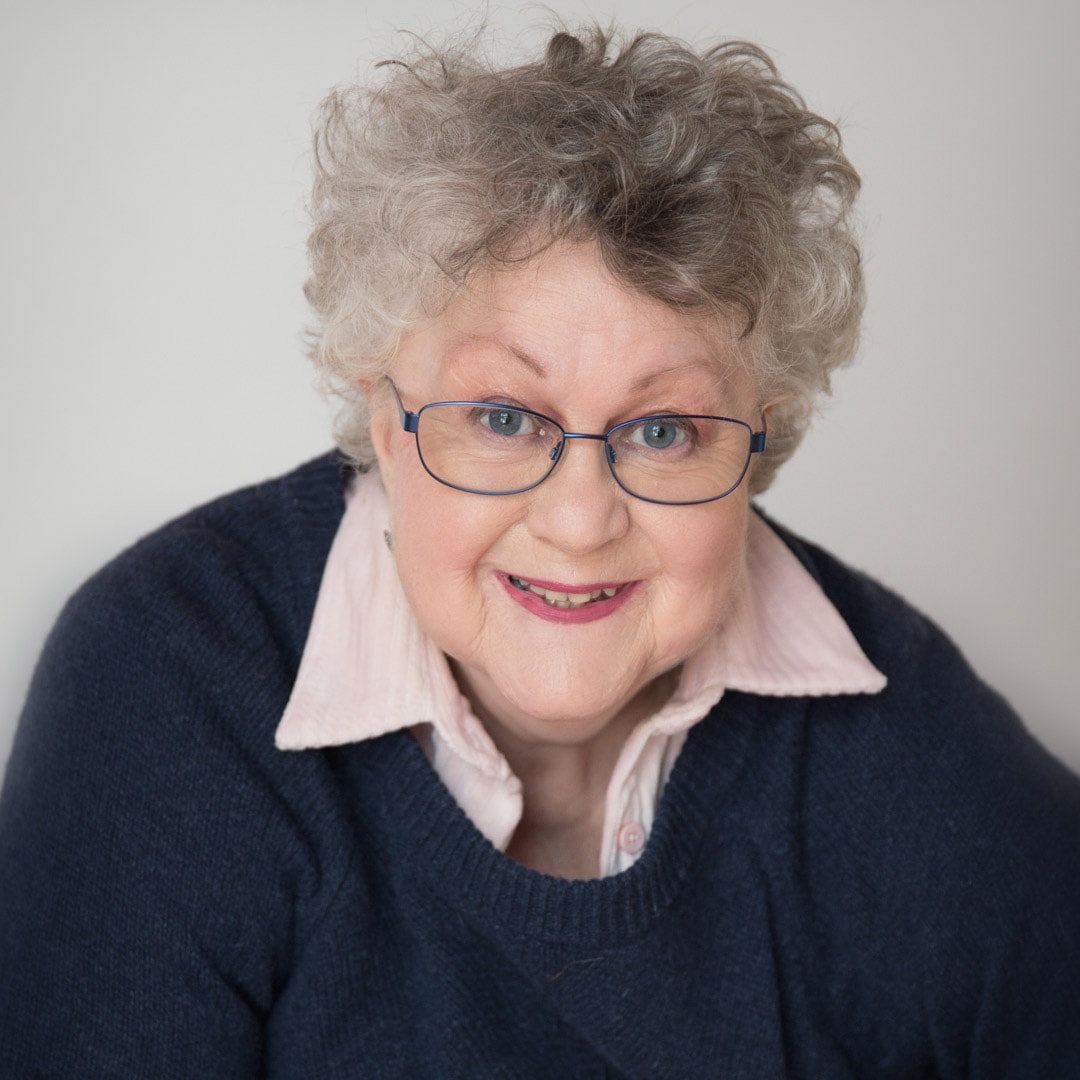
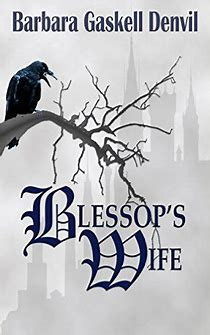
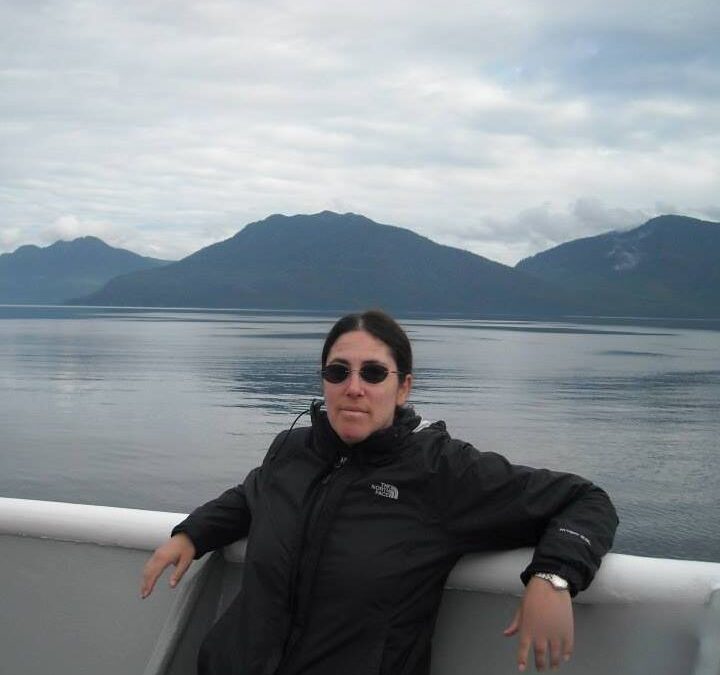
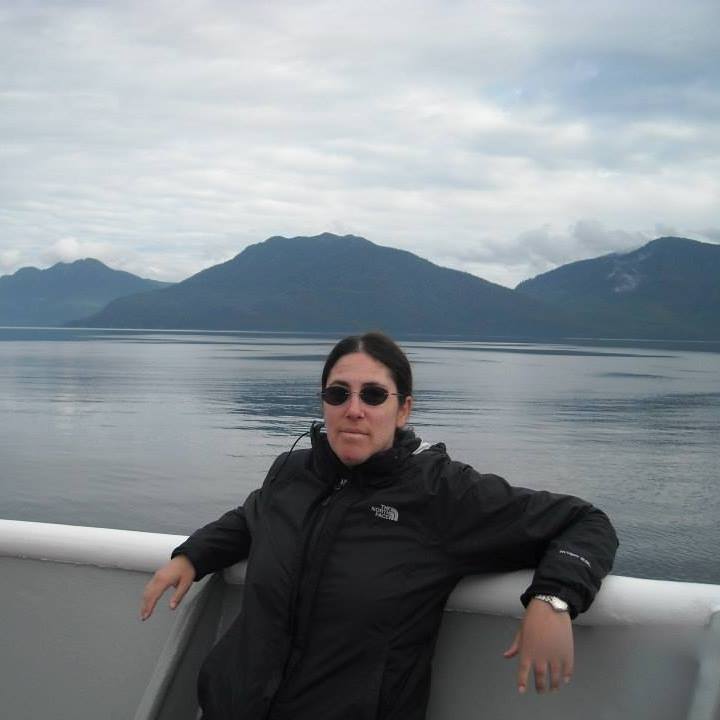
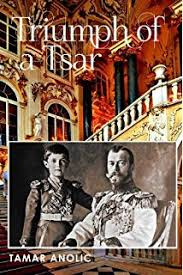
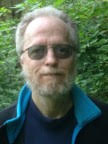
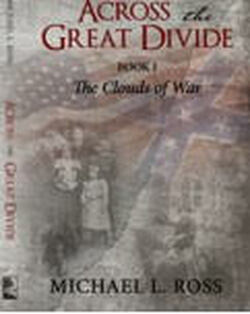
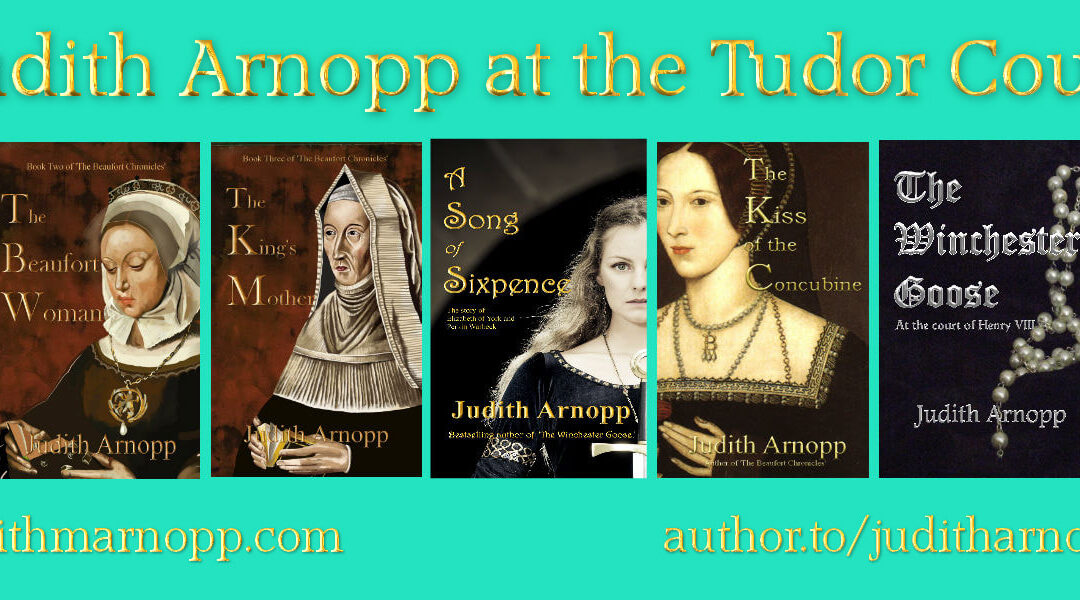
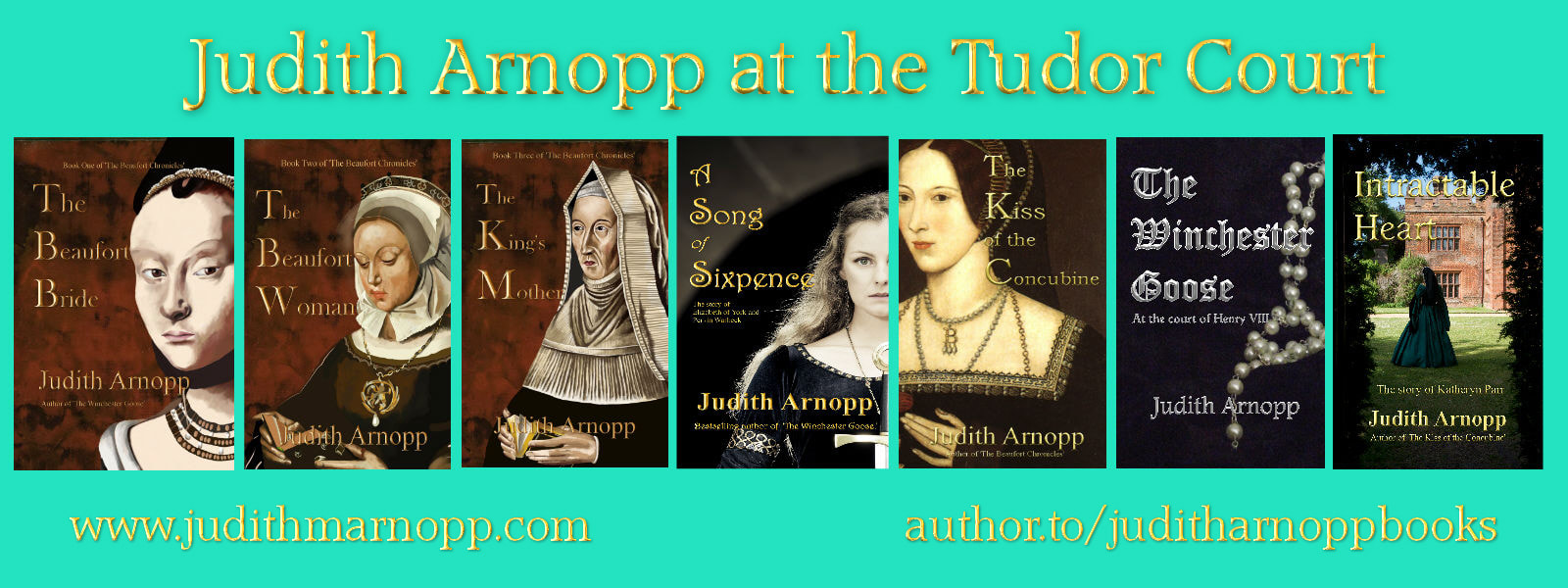

Recent Comments